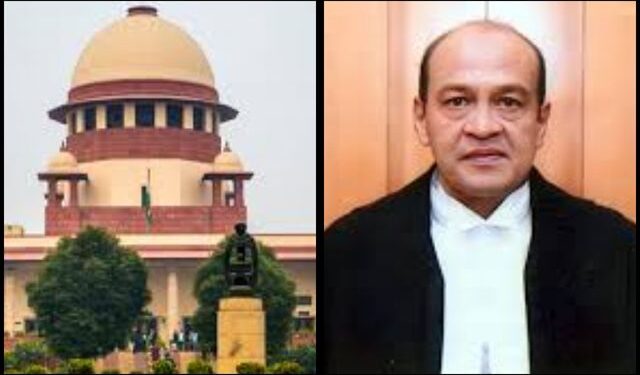The Supreme Court on Thursday rejected Justice Yashwant Varma’s petition challenging the findings of an in-house inquiry panel that held him complicit in the discovery of a large cache of burnt cash at his official residence.
The dismissal paves the way for a potential impeachment motion against the sitting judge.
The in-house panel, constituted during Justice Varma’s tenure at the Delhi High Court, had found credible evidence of misconduct after fire-fighting personnel uncovered bundles of charred currency notes in an outhouse on March 14. The panel’s report was subsequently forwarded by the then Chief Justice of India to the President and Prime Minister, recommending removal proceedings.
Justice Varma had argued that the inquiry lacked procedural fairness and transparency. However, the Supreme Court bench found no merit in the plea, stating that the panel’s findings were based on substantial evidence and due process.
Sources indicate that the Central government is preparing to initiate an impeachment motion in Parliament, marking a rare instance of judicial accountability at the highest level.
This case has reignited debates around judicial ethics, transparency in internal probes, and the constitutional provisions governing the removal of judges.





























